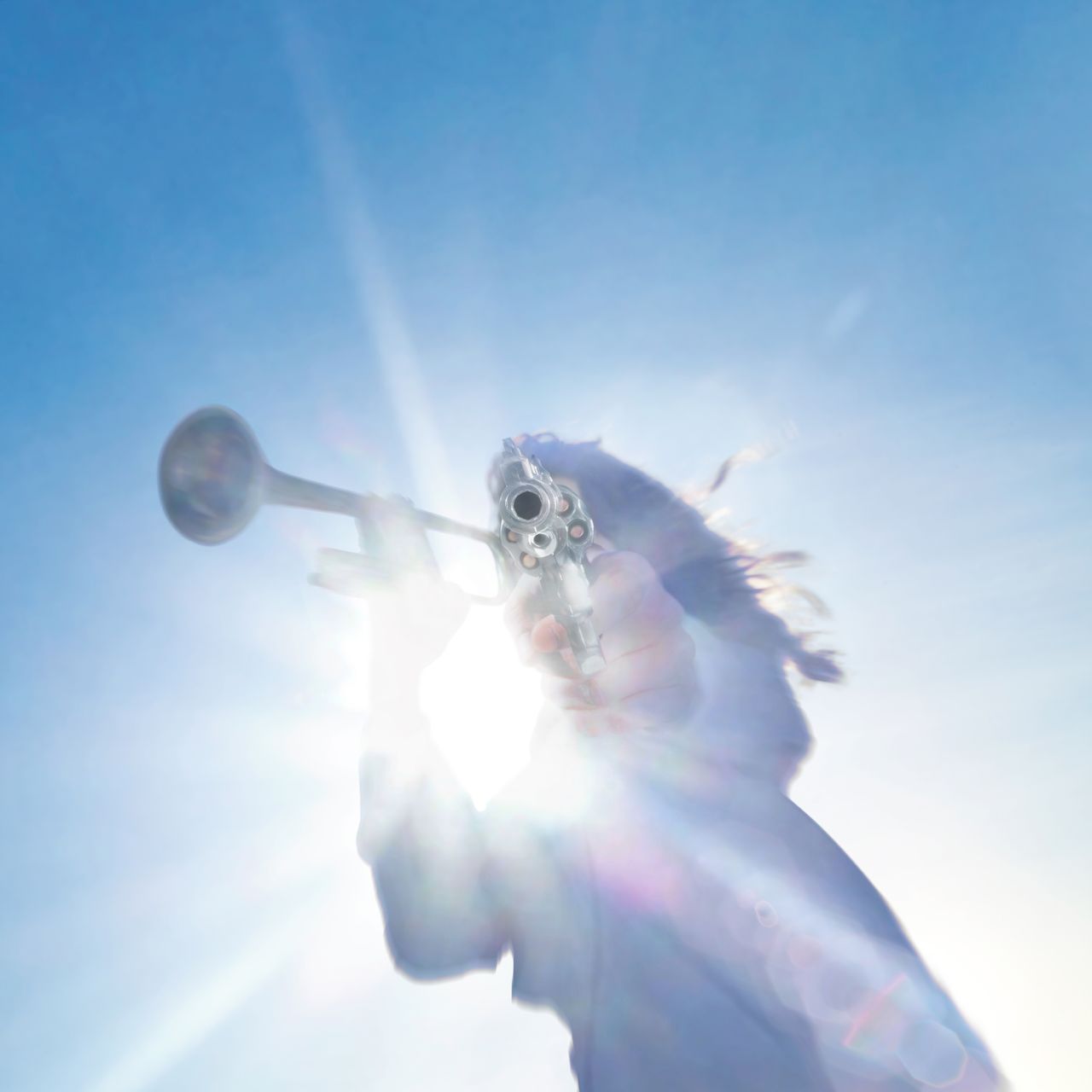Desperation looks good on Geese. In the past four years, the New York band has demonstrated an ability to rock out and sprawl out with the best of them, but it took until vocalist Cameron Winter’s understated solo album, Heavy Metal, for the emotional core to surface. Part of this breakthrough can be attributed to Winter’s voice: a slurred, straining warble whose cryptic delivery can feel like both sides of an argument you’re overhearing through apartment walls. He gets your attention in jarring ways, then turns around and breaks your heart. No artist has muttered the phrase “fuck these people” so meaningfully in a piano ballad.
As evidenced by this moment, occurring just under a minute into his tender 2024 solo single “$0,” Geese can give the impression of an ambitious band skeptical of its own ambition, fitting for a group formed when its members were in high school. Like a lot of precocious young people, they seem energized by the possibility of an audience recognizing their potential before they do, a tension they have used to subvert their more crowd-pleasing turns. This is how “Cowboy Nudes,” a highlight from 2023’s 3D Country, winds up with a soulful chorus that could have landed on any generation’s FM rock radio alongside a series of exclamations that might be edited out by any generation’s record executives.
With the surprise success of Heavy Metal, a less imaginative band might choose to follow some of this industry wisdom, taming their eccentricities and building on the classic songcraft and heart-wrenching lyrics that made their singer a star. Thankfully, Geese are not this type of band. Their third album, Getting Killed, is their strangest and strongest work. This is anxious, fragmented music as liable to erupt in a paranoid shriek as a bald declaration of love. The first chorus on the record is a gravelly, haywire scream: “THERE’S A BOMB IN MY CAR.” The second makes a meal out of the two most eternal words in pop music: “baby” and “forever,” each delivered with the swagger of a karaoke singer pretending not to notice his crush has entered the room.
Working with producer Kenneth Blume (the hip-hop luminary formerly known as Kenny Beats), the quartet explores a clattering, groove-based sound, denying the structures of traditional rock music while following the same volleys of tension and release. Where their music once felt clouded by a history of hip NYC forebears, they now cast their future wide open. It’s a style that favors cyclical repetition over crafted hooks, ecstatic bursts of melody that inspire some of Winter’s most commanding writing. In an ominously funky track called “100 Horses,” he assumes the perspective of a general during wartime: “All people must die scared or else die nervous,” he announces. In the context of the song, the news is delivered as something of a comfort; in the context of the record, it’s one of the more obvious choices for a single.
